VIJAY PRASHAD examines why in 2018 Washington started to take an increasingly belligerent stance towards ‘near peer rivals’ – Russa and China – with far-reaching geopolitical effects
Should I consider myself English?
Despite being a proud Black Country boy, ROGER McKENZIE has mixed feelings about Englishness and its all too common petty nationalism, following a lifetime of being considered inferior because of the colour of his skin
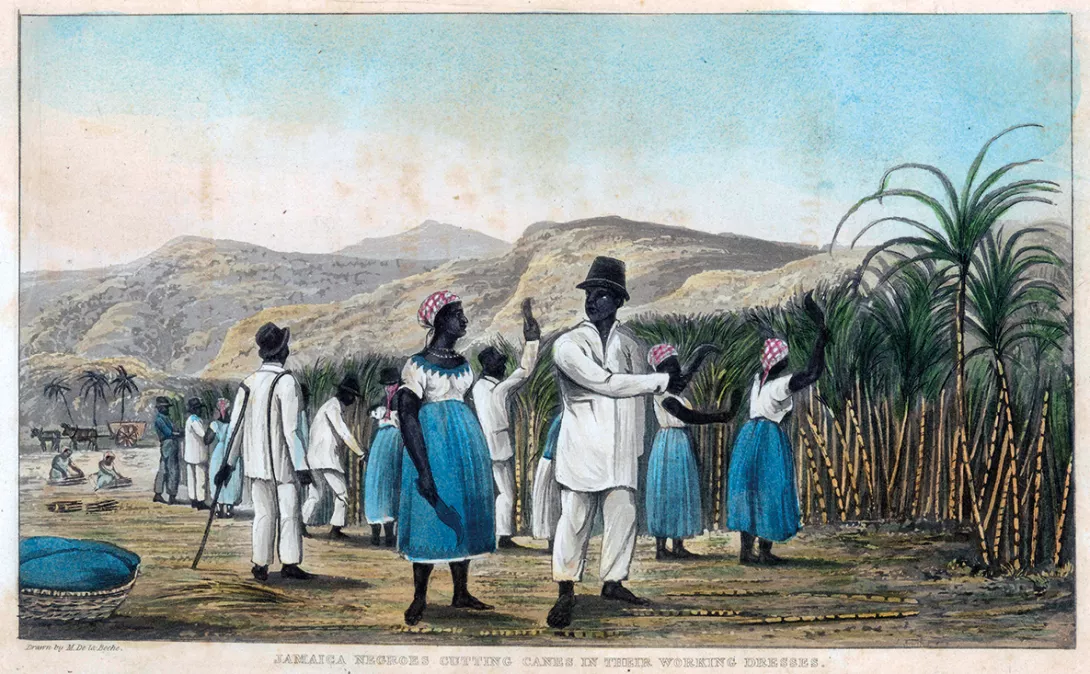
THE arch-racist imperialist Cecil Rhodes once said: “To be born English is to win first prize in the lottery of life.”
Closer to home, in 1937, another arch-racist, Winston Churchill, displayed his own master race inclinations when he said: “I do not believe that the dog in the manger has the right to the manger, simply because he has lain there for so long. I do not believe that the Red Indian has been wronged in America, or the black man has been wronged in Australia, simply because they have been displaced by a higher, stronger race.”
To them everything other than white is inferior and to be treated that way. Sadly these were not isolated views and were and are prevalent throughout England.
More from this author
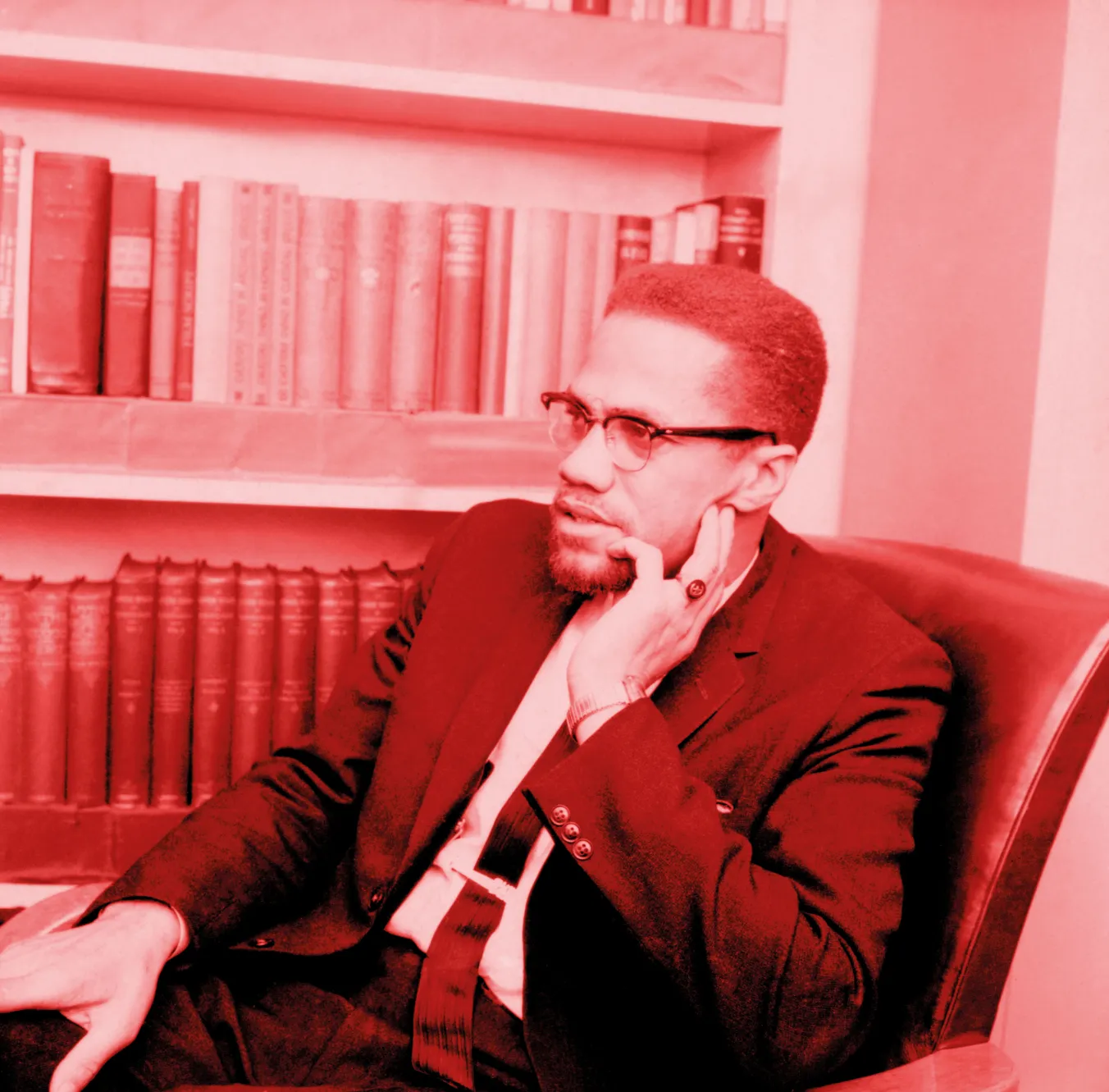
ROGER McKENZIE looks back 60 years to the assassination of Malcolm X, whose message that black people have worth resonated so strongly with him growing up in Walsall in the 1980s
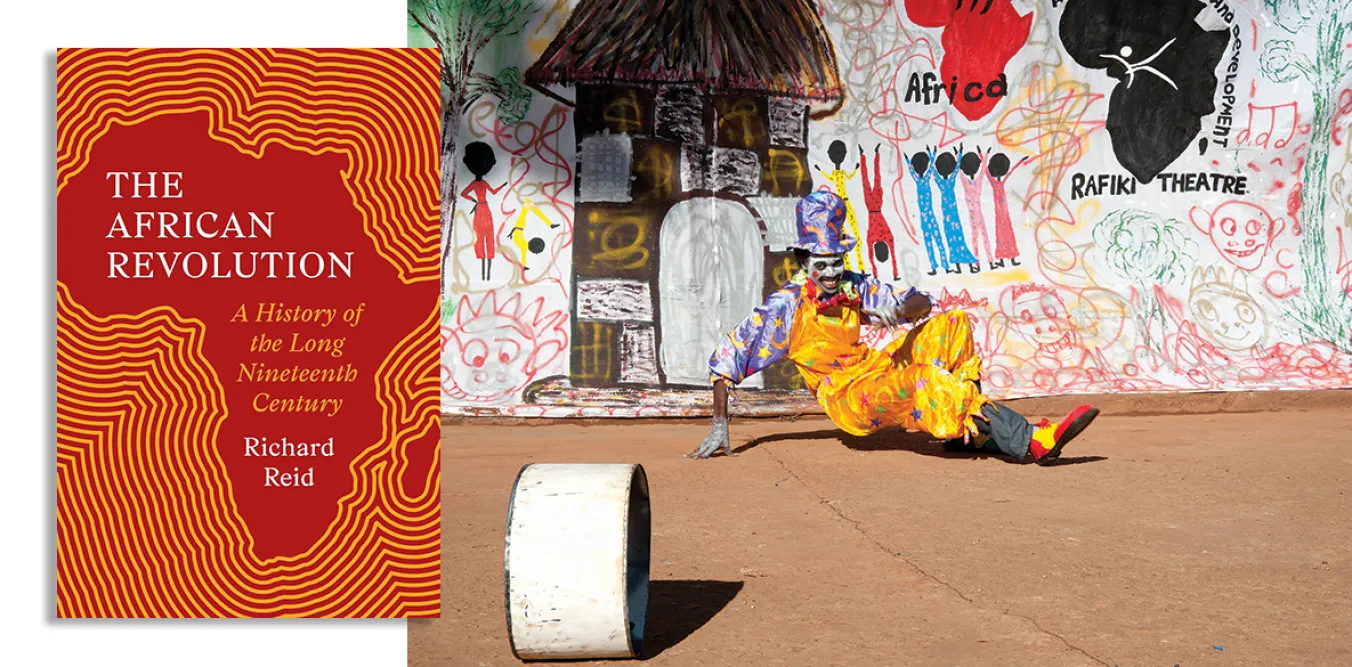
ROGER McKENZIE welcomes an important contribution to the history of Africa, telling the story in its own right rather than in relation to Europeans
Similar stories
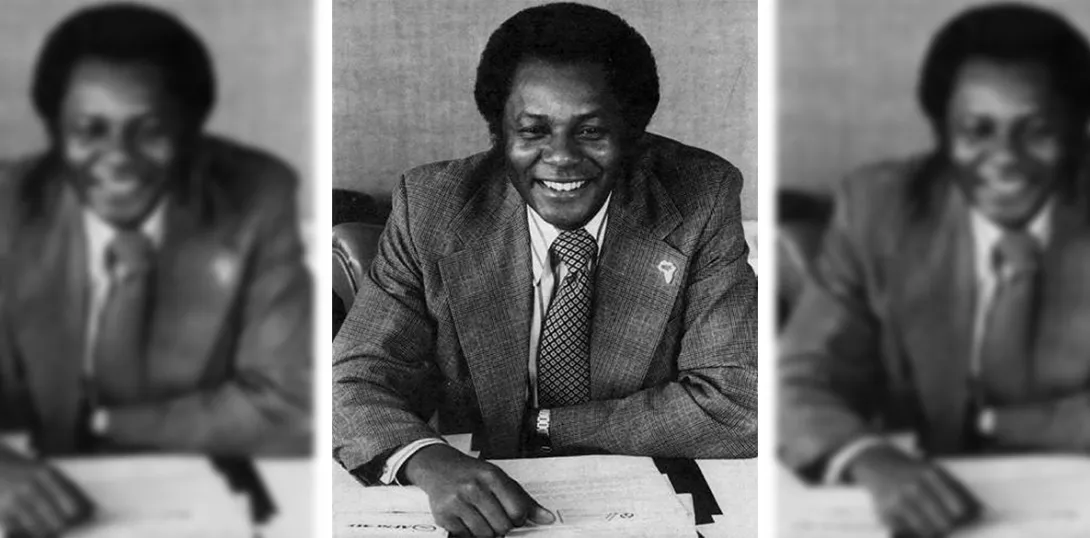
ROGER McKENZIE pays heartfelt tribute to the legendary trade unionist who championed black workers while forging powerful alliances across colour lines, reshaping the US labour movement
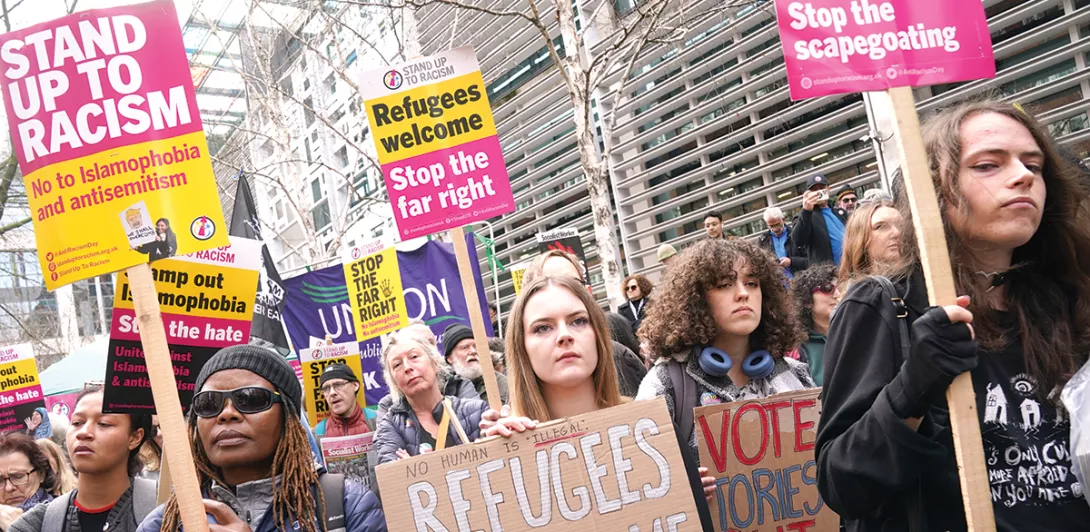
ROGER McKENZIE warns against accepting the lip service offered by politicians to the struggle against racism
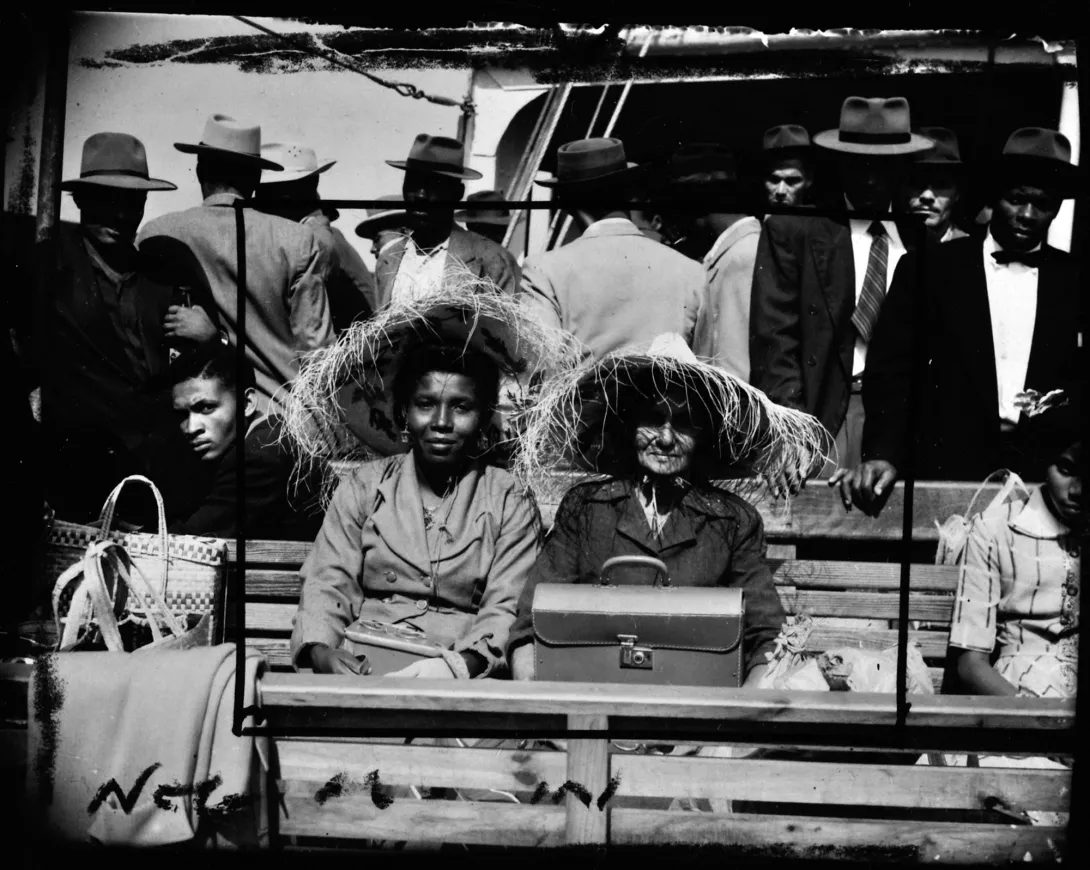
As the last of his family’s Windrush elders pass away, ROGER McKENZIE reflects on migration, courage and the ongoing struggle against racism in Britain, from the Rwanda plan to ‘stop the boats’
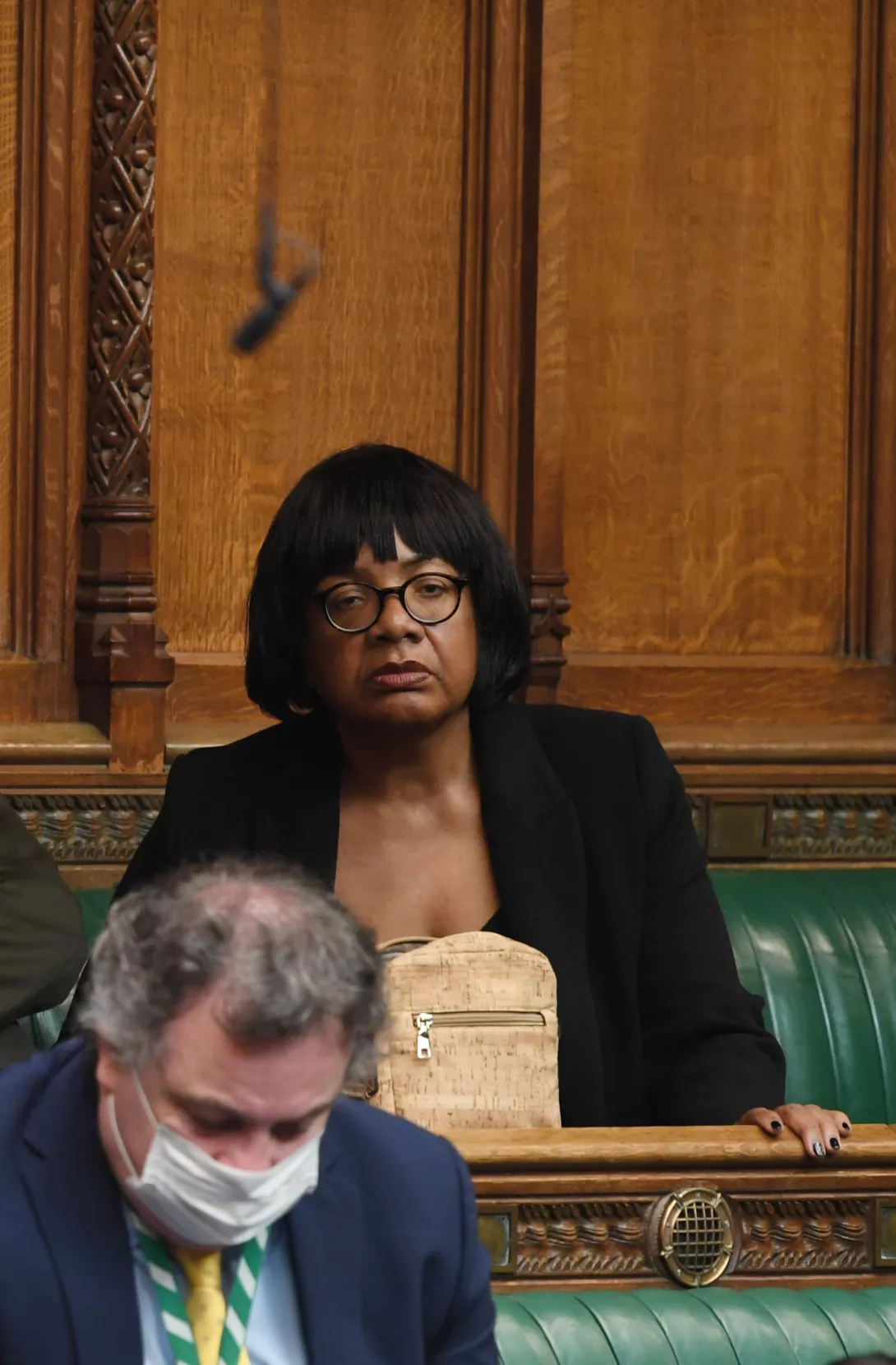
Racism in Britain has been forced to become more subtle over the years — but it certainly hasn't been watching the treatment of Diane Abbott this last week. Her experience is, sadly, familiar to many of us, writes ROGER McKENZIE











